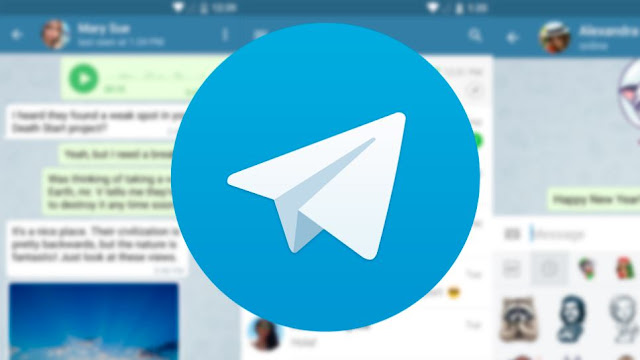
Years of social media exposure have conditioned us to be comfortable with sharing any and all of our information. From special events to private moments and even intimate pictures, it would appear that nothing is sacred anymore.
It is likely that all of this began when social media sites first began appearing. Since their teens, millennials and Gen Z have been exposed to the earliest form of social media in the form of online chat rooms like ICQ and mIRC.
Later on, there was MSN, AOL Instant Messenger (AIM), Friendster, Myspace, and Facebook. On these platforms, people shared pictures, interests, hobbies, and chatted with one another. Some people even cheated on their significant others on social media or messenger apps.
Then came the introduction of mobile phones - where we exchanged short messages (SMS) with one another. But SMS was awkward and janky at times plus it would take minutes to send a single low-resolution picture.
All this would then change with the introduction of Whatsapp - a messaging app that allowed users to chat and exchange images with one another. And that was when everything changed.
Whatsapp redefined what it meant to communicate. It was intuitive, free-to-use, and allowed us to send as many messages as we liked - as long as you had an internet connection or data plan.
For all of its conveniences, most people failed to ask one important question:
What would happen to all the messages that were being sent?
All the late night conversations with your friends, scandalous texts to your significant other, or private details of your latest business plan.
With Facebook’s acquisition of Whatsapp, it would only be a matter of time before someone realized that Whatsapp is a literal goldmine of data. And the recent privacy policy update goes to show that all of your personal information is definitely being collected and used against you.
So what do you do for WhatsApp alternatives?
The answer is simple really - make the switch to a messaging app that protects your privacy. In this article, we take a look at the best private messaging apps that you can use in 2024.
1. Signal Private Messenger
When it comes to keeping your data protected, Signal is one of the best messenger apps that are available on the market.
For starters, Signal has been approved for use by members of the U.S Senate and their support staff. Given the highly confidential information handled by them, this is a definite sign that Signal’s encryption is top-notch.
Besides the senate, the world’s most famous whistleblower Edward Snowden has endorsed Signal as a secure messaging app on several occasions.
Encryption has always been at the core of Signal development. Being an open-source project supported by donations and grants, Signal is completely free to use and does not feature any advertisements.
Key Features Include:
• Open source protocol
• Messages can be set to self-destruct
• View-once media
• Free-to-use
2. Wire
Marketing itself as the most secure messaging platform available, Wire uses secure encryption to safeguard your messages.
Located in Switzerland, Wire provides end-to-end data encryption by default for all of your conversations. According to the team, the encryption keys used are not held by the team which ensures that none of your messages can be accessed by the company.
As an added plus, Wire practices transparency at all levels of the organization. Being an open- source platform, the application is continually scrutinized and audited by external parties.
Also, Wire security protocols are in line with that of the latest EU regulations. These include compliance with ISO, CCPA, GDPR and SOX.
Key Features Include:
• Open source protocol
• End-to-end encryption for all messages by default
• Video conferencing with secure encryption
• Regular audits by independent parties
• Free for personal use
3. Threema
Coming in at number three is Threema, a secure messaging app developed in Switzerland. Available for both personal and commercial use, the team at Threema go through great pains to ensure that your data does not leave a trail.
This is done by conducting regular data purges that permanently remove delivered messages from the company’s server.
Besides that, Threema takes a decentralized approach to dealing with data. Instead of a central server, information is managed locally on the user’s device - thus protecting users from eavesdropping.
Key Features Include:
• Anonymous chats
• Decentralized data management to prevent eavesdropping
• Data is regularly purged
• No email or phone number needed to sign on
• $2.35 fee to purchase Threema
4. Telegram
One of the pioneers of encrypted messaging, it is easy to see why Telegram is one of the most popular messaging apps in the world.
With end-to-end data encryption, self-destructing messages, and a secret chat function, you can rely on Telegram to keep your conversations secure.
As an added plus, Telegram is totally free-to-use which is a nice touch if you are looking for a replacement to WhatsApp messenger.
Key Features Include:
• Secret chats function
• Can set messages to automatically self-destruct after being sent
• End-to-end data encryption
• Can coordinate groups of up to 200,000 users
• Free-to-use
Messaging Management
Keeping your messages private in today’s world can be quite a challenge. But with so many private messaging apps to choose from, you can rest assured that there will always be an app to suit you in 2024 or 2025.
